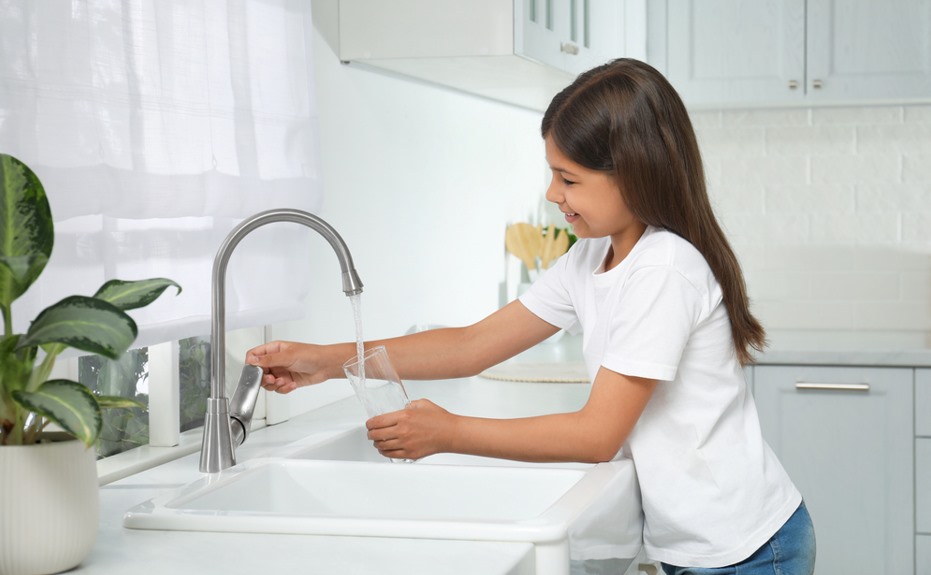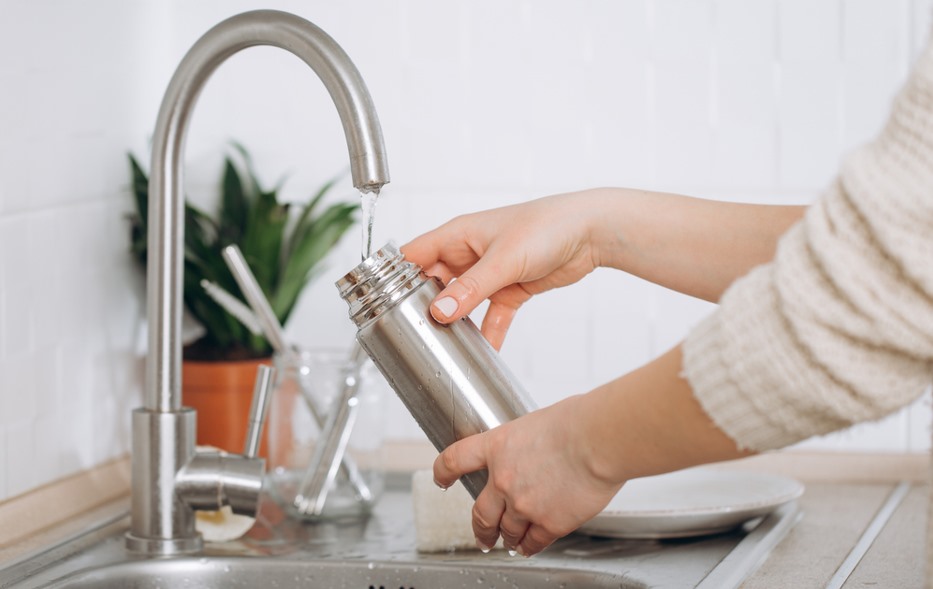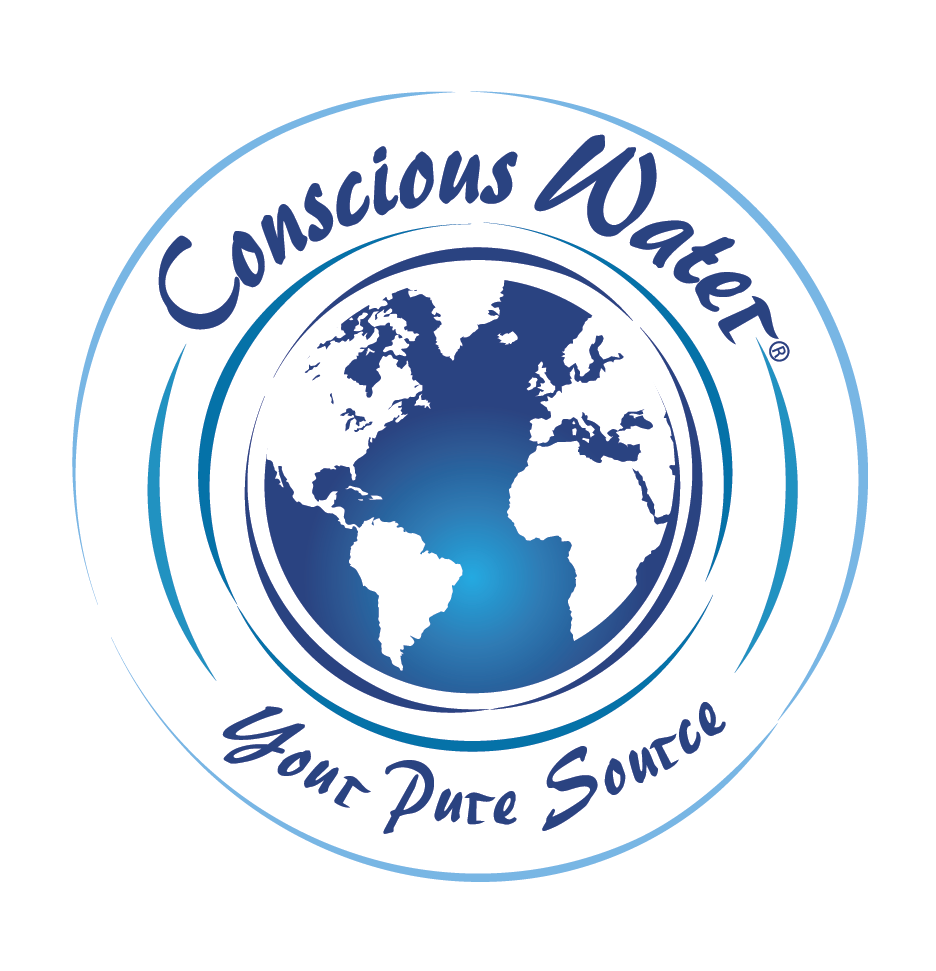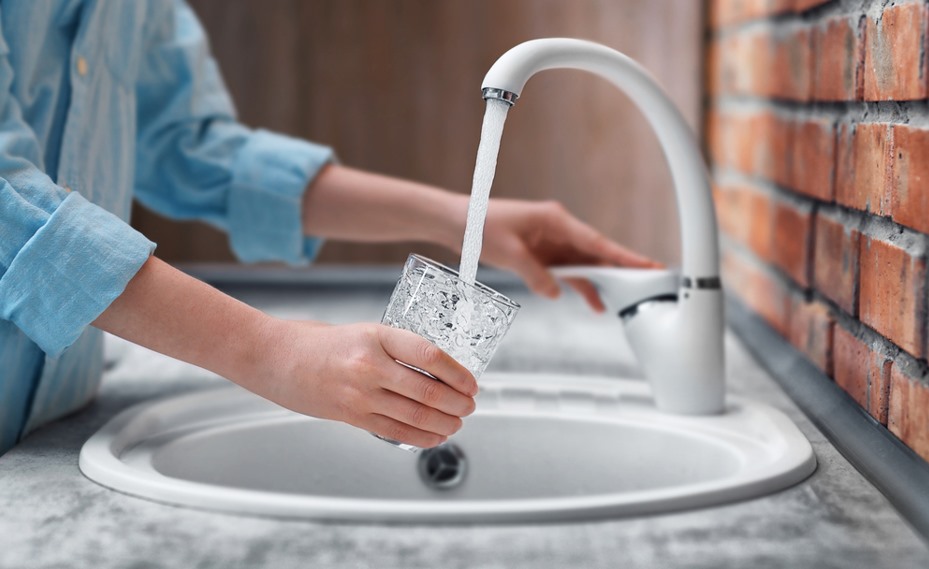The Safe Drinking Water Act Ontario is a segment of the broader legislation that governs the Clean Water Act in Ontario province. The Act was first initiated in 2000 by Justice O’Connor in the Walkerton Inquiry and passed into law in 2002.
The Act seeks to protect the lives of Ontario residents by ensuring all households receive clean drinking water, free from contaminants.
According to the Act, all municipal drinking water systems must get approval from the Ministry of the Environment. Water systems operators must complete training and get certified to ensure they meet provincial safe drinking water handling standards.
The act also provides for the mandatory use of accredited and licensed laboratories to test drinking water before releasing it to the public.
Powers and Roles of the Ministry of Environment on Safe Drinking Water Act Ontario
The Safe Drinking Water Act gives the Minister of the Environment power to administer all regulations in the Act. Below are the powers and duties of the minister as laid out in the Safe Drinking Water Act of Ontario.
- Conducting research and preparing statistics on procurement, treatments, and drinking water testing before distribution.
- Recommending safe water drinking standards.
- Dealing with issues from procurement to delivery of safe drinking water as approved by the ministry.
- Developing and implementing training courses and programs on safe drinking water.
- Conducting educational and training programs on safe drinking water practices for Ontario residents.
- Making accessible all training programs to Ontario drinking water systems operators in all parts of the province.
- Offering technical support and advice to drinking water system operators and owners.
- Collecting, analyzing, and publishing information on Ontario’s Safe Drinking Water Act.
- Issuing loans and offering grants towards research and training on safe drinking water practices as approved by the ministry.
- Engaging in different government discussions and initiatives on promoting and providing safe drinking water.
- Performing all other duties and implementing rules as the Lieutenant Governor in Council may assign.
The Safe Drinking Water Act has an advisory council known as Advisory Council on Drinking Water Quality and Testing Standards.
The council partners with Standard Global Services to offer state-of-the-art scientific analysis of drinking water using sophisticated analytical equipment. Members of this council then report and make recommendations to the minister based on laboratory tests and findings.
General Requirements by the Safe Drinking Water Act Ontario
Operating authorities and municipal drinking water owners must adhere to the following requirements in the Act’s provisions:
- Potable water in any channel must meet the minimum prescribed drinking-water quality standards.
- Owners of the municipal and regulated non-municipal drinking water systems responsible for the systems operations must ensure water meets the minimum prescribed drinking-water quality standards before connecting to the user’s plumbing system.
- Drinking water systems must be operated by certified and licensed experts under the Safe Drinking Water Act.
- Owners of drinking water systems must comply with sampling, monitoring, and testing requirements under the Safe Drinking Water Act.
- Owners of the drinking water systems must report any matter to the public following the Act’s regulations.
- Drinking water systems personnel must be supervised by qualified people under the Act’s provisions.
Standard Regulations Under Safe Drinking Water Act Ontario

The Safe Drinking Water Act Ontario has subsections on regulations. These regulations apply differently to various safe drinking water practices. Here are the three common regulations provided under the Safe Drinking Water Act of Ontario.
Regulations 169/03 and 170/03
Regulations under this section apply to many facilities. These include all municipal residential drinking water throughout the year and children’s camps’ minimum safe drinking water standards.
Regulations 318/08 and 319/08
These regulations apply to large and small drinking water systems. These include municipal, non-municipal seasonal residential, and non-municipal non-residential drinking water systems.
Regulation 243/07
Regulation 243/07 of the Safe Drinking Water Act Ontario ensures children are safe from lead-contaminated drinking water. Health Canada’s research found that even small amounts of lead in drinking water adversely affect infants, school children, and expectant mothers.
The regulation focuses on daycare nurseries, schools, and private schools.
Regulated Non-Municipal Drinking Water Systems
The Safe Drinking Water Act of Ontario applies to regulated municipal and non-municipal drinking water systems.
According to the Act, no one shall operate, establish, replace, or alter a regulated non-municipal drinking water system unless authorized by the Director under this section or strictly adhere to the system’s requirements.
No one shall permit or cause regulated non-municipal drinking water system fragmentation unless written consent is granted by the Director of the regulated non-municipal drinking water systems.
However, the Director shall not grant the written consent unless:
- The Director and a medical health officer have agreed on the proposed fragmentation.
- The system owner demonstrates to the Director that the fragmentation shall not endanger the natural environment or pose health hazards to users of the fragmented drinking water system.
- The system’s owner presents a written notice approved by the Directors of each user of the system indicating cessation of being a prescribed party to the regulated non-municipal drinking water system.
Unless the municipality grants consent, no one shall construct or extend an existing non-municipal drinking water system within the municipality’s geographical area to serve a major residential setting.
Applications for replacement or a new regulated non-municipal drinking-water system or replacement of the same must pass through the Director for approval if the proposed system regulations require so.
The owner or owners of any proposed regulated non-municipal drinking-water system shall not commence any works specified in the approval or requirements before presenting a compliance certificate as required by the Director.
The Safe Drinking Water Act of Ontario permits the provincial officer to inspect the municipal and non-municipal drinking-water system without any court order or warrant to determine if owners comply with the Act or regulations.
The Director can revoke the drinking water licenses if:
- The license is issued on false or incomplete information
- The license was erroneously issued to an undeserving person
- Grounds are established on why the license shouldn’t be renewed
- The continuing provisions in the license from the laboratory pose health hazards to the public
What the Safe Drinking Water Act Means for You

Although the Safe Drinking Water Act ensures that only human-safe water flows out of your faucets at home or the office, water may still get contaminated between the source and the tap.
Your plumbing system may also have complications such as corrosion, which cause impurities in water. Since the Act won’t protect you from consuming bad water when the problem is internal to you rather than external, you’ll need a water filter to purify your water.
However, you don’t only need to use water filters when you suspect water contamination. It never hurts to have one for peace of mind. You can shop for Berkey water filters here to ensure you stay safe and healthy.


